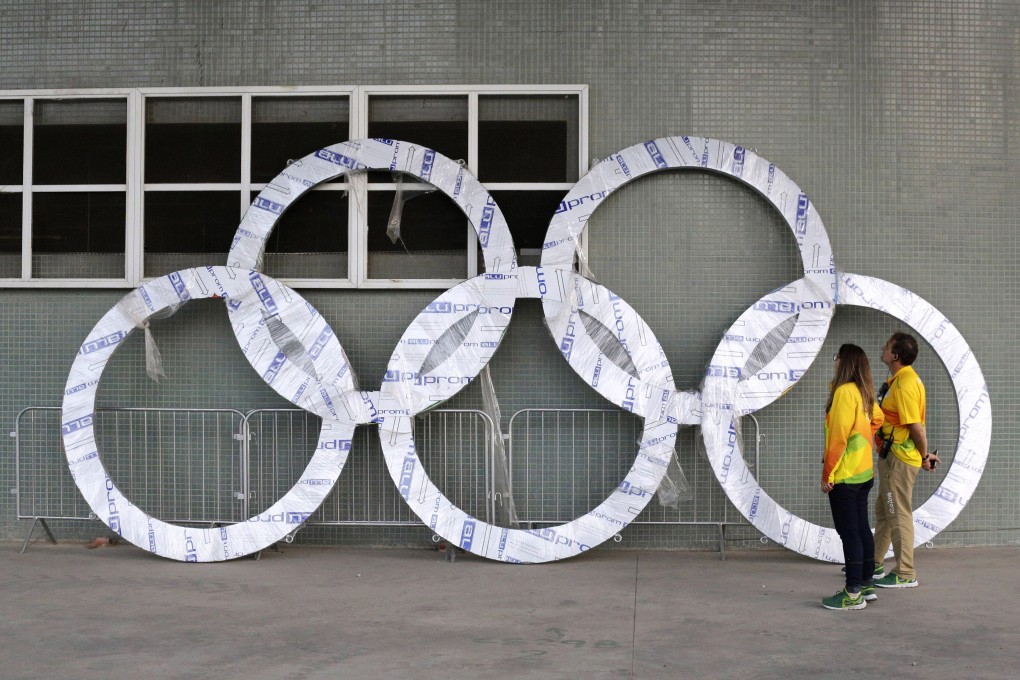IOC and anti-corruption bodies hope to keep match-fixing and manipulation out of the Olympics after 2012 badminton scandal
- Four women’s doubles teams were disqualified from the London Games after deliberately losing matches to gain an advantage in the knockout stages
- Sports lawyer Kevin Carpenter says most cases involve breaches of IOC betting rules when participants go against a ban on gambling on the Olympics

Our Tokyo Trail series looks at key issues surrounding the 2020 Olympics, which are scheduled for late July.
At the 2012 London Olympics, eight badminton players – four women’s doubles pairs – were disqualified for trying to lose their preliminary matches. Teams from South Korea, Indonesia and China preferred losing than winning their groups because a quirk of the format meant that finishing second would give them easier opponents in the knockout rounds.
The London Games fiasco caused concern initially because some officials unfamiliar with such formats and even fans who would not normally watch the sport outside the Olympics were convinced the players were under instruction from an illegal betting-related match-fixing syndicate.
Of course, it was nothing of the sort. When it comes to match-fixing – or competition manipulation – the Olympics are largely immune from a cancer that is widespread outside IOC events and often linked to illegal betting.
“The badminton received a lot of publicity but it was a structural flaw in the competition essentially that was exploited by players,” said Kevin Carpenter, principal at Captivate Legal & Sports Solutions and a leading sports anticorruption lawyer who has worked in the past with the IOC. “This is why we call it competition manipulation and not just match-fixing because it is far broader than that.